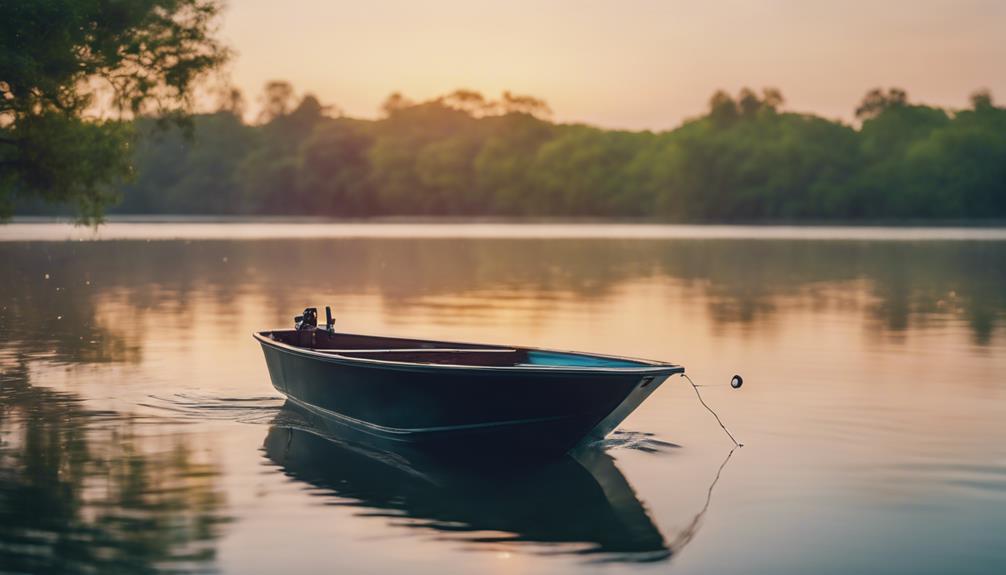Fishing is an enjoyable and rewarding activity that connects you with nature and provides a sense of tranquility. However, before you cast your line, you need to ensure you have the proper permissions to fish legally. This brings us to the essential question: how can I get my fishing license? In this guide, we’ll explore everything you need to know about obtaining a fishing license, including its importance, the types of licenses available, and the step-by-step process for getting yours.
Understanding the Importance of a Fishing License
A fishing license is more than just a piece of paper; it’s a legal requirement in most regions that helps regulate fishing activities. The primary purpose of a fishing license is to conserve fish populations and protect aquatic ecosystems. By requiring licenses, authorities can monitor fishing practices and enforce regulations that prevent overfishing and promote sustainable practices. Moreover, having a fishing license contributes to funding conservation efforts, habitat restoration, and public access to fishing areas. Therefore, if you’re wondering how can I get my fishing license, understanding its importance is the first step.
Types of Fishing Licenses Available
Before you embark on the journey of obtaining your fishing license, it’s crucial to know that various types of licenses are available, depending on your fishing preferences and location. Generally, fishing licenses can be categorized into:
1. Resident and Non-Resident Licenses: These licenses are available for individuals who live in the state versus those who do not. Non-resident licenses often come at a higher fee.
2. Freshwater and Saltwater Licenses: Depending on whether you plan to fish in freshwater lakes, rivers, or the ocean, you may need a specific type of license.
3. Annual, Short-Term, and Lifetime Licenses: Many states offer flexibility in licensing duration. You can choose from annual licenses, which are valid for a year, short-term licenses for specific days, or lifetime licenses for avid anglers.
Understanding the different types of licenses available will help you determine which one suits your needs best, and thus, facilitate the process of how can I get my fishing license.
Researching Your State’s Fishing Regulations
Each state has its own set of fishing regulations, which include specific requirements for obtaining a fishing license. To answer the question, how can I get my fishing license, you should start by visiting your state’s wildlife or fisheries department website. These sites typically provide comprehensive information about fishing regulations, license types, fees, and how to apply. Additionally, you can find details on local fishing seasons, catch limits, and any specific rules that may apply to certain bodies of water. Familiarizing yourself with these regulations not only helps you obtain your license but also ensures that you are fishing responsibly.
Gathering Necessary Documentation
Once you have researched your state’s requirements, the next step in how can I get my fishing license is to gather the necessary documentation. Generally, you will need:
– Proof of Identity: This can include a driver’s license, state ID, or passport.
– Proof of Residency: For resident licenses, you may need to provide documentation that confirms your residency, such as a utility bill or lease agreement.
– Social Security Number: Some states require your SSN for identification purposes.
– Previous License Information: If you have held a fishing license before, having that information handy can speed up the application process.
Having all necessary documentation organized will streamline your application process and ensure that you have a successful experience.
Applying for Your Fishing License
Now that you have all your documentation in order, it’s time to apply for your fishing license. The methods for application can vary by state but generally include:
1. Online Application: Many states offer online platforms where you can apply for and purchase your fishing license. This is often the quickest and most convenient option.
2. In-Person Application: You can also apply in person at designated locations such as wildlife offices, sporting goods stores, or outdoor recreation centers.
3. Mail Application: Some states allow you to download and print an application form, which you can fill out and mail along with payment.
When applying, ensure that you double-check all information to avoid delays. This step is crucial in answering the question how can I get my fishing license effectively.
Understanding Fishing License Fees
When considering how can I get my fishing license, it’s important to understand the associated fees. Fishing license costs can vary widely depending on factors such as the type of license, your residency status, and the length of validity. Typically, annual licenses are more cost-effective for regular anglers, while short-term licenses are perfect for occasional fishing trips. Additionally, some states offer discounted rates for seniors, veterans, and children. Be sure to check for any special promotions or discounts that may apply to you to save money on your fishing license.
Renewing Your Fishing License
Once you have obtained your fishing license, it’s essential to keep track of its expiration date. Many states require annual renewals, while lifetime licenses will not require renewal. To answer how can I get my fishing license in the future, make it a habit to check your license status periodically. Renewal processes are generally similar to the initial application process, allowing for online, in-person, or mail options. Staying proactive about your fishing license will ensure that you remain compliant with regulations and can continue enjoying your fishing adventures.
Conclusion: Enjoy Fishing Responsibly
In conclusion, obtaining a fishing license is a critical step for anyone looking to engage in fishing activities legally and responsibly. By understanding the importance of a fishing license, exploring the types available, researching state-specific regulations, gathering necessary documentation, and applying correctly, you can easily answer the question how can I get my fishing license. Remember, fishing is not just about catching fish; it’s about preserving our aquatic environments for future generations. So, gear up, get your license, and enjoy your fishing experiences while contributing to the conservation efforts in your area! Happy fishing!
